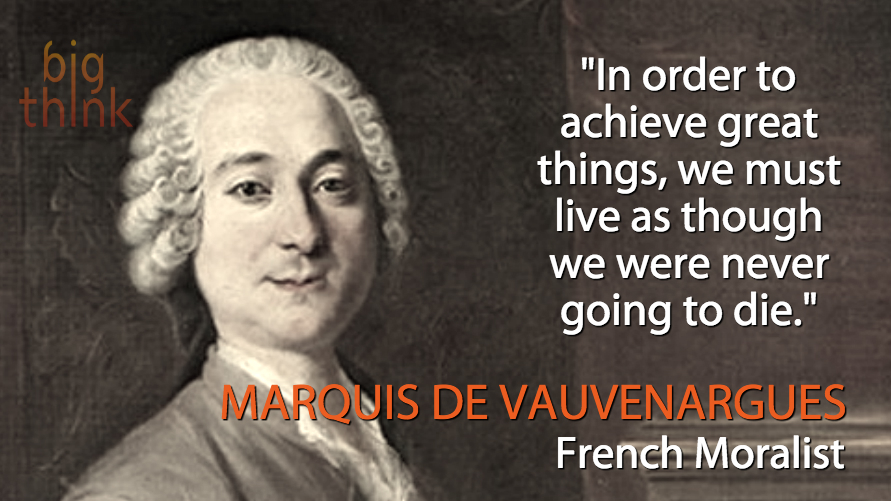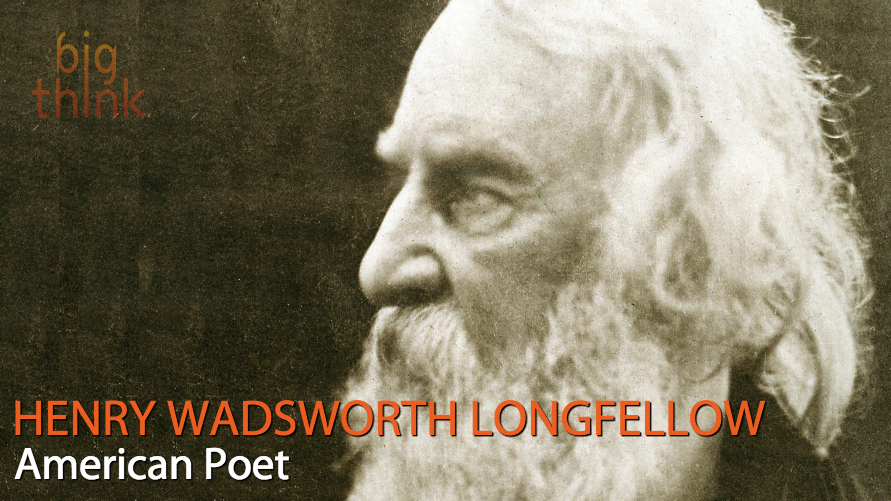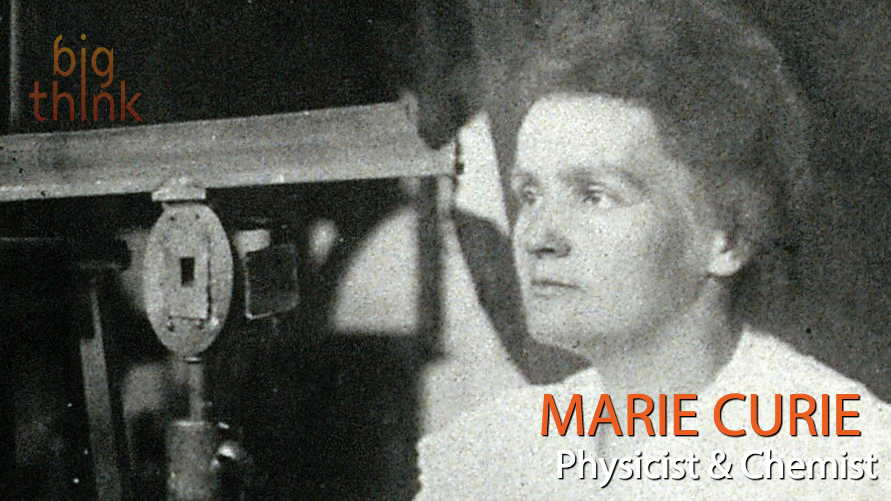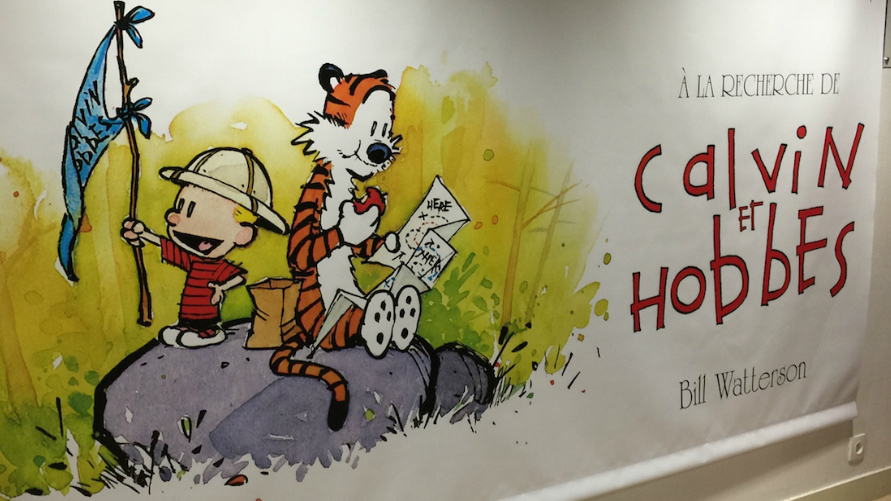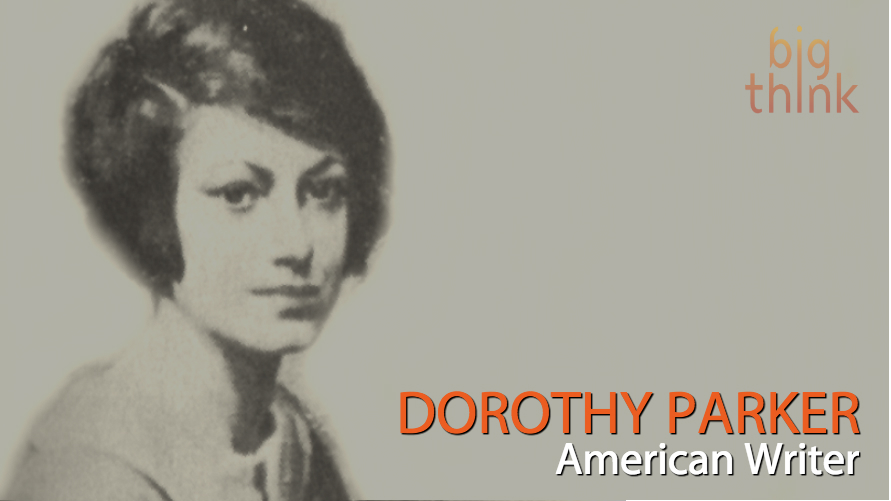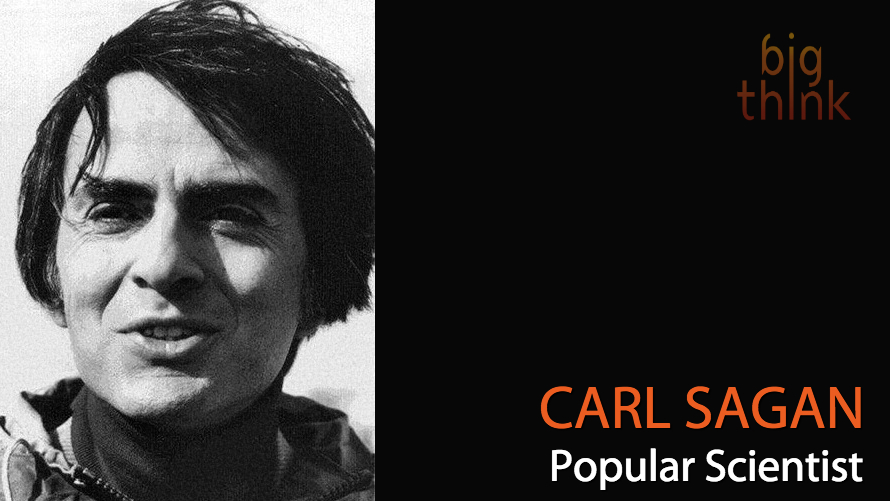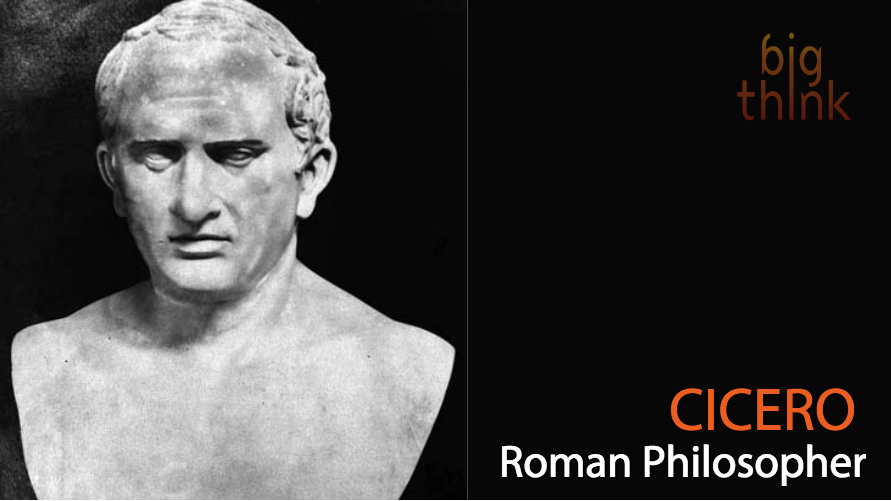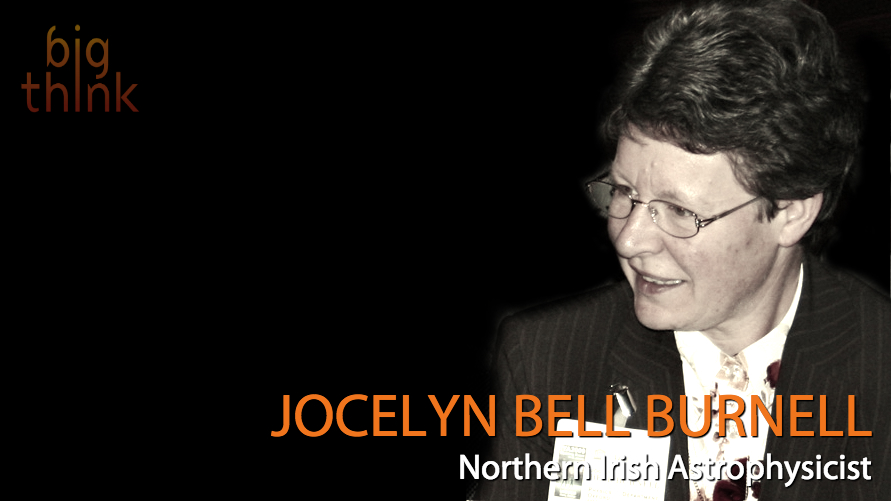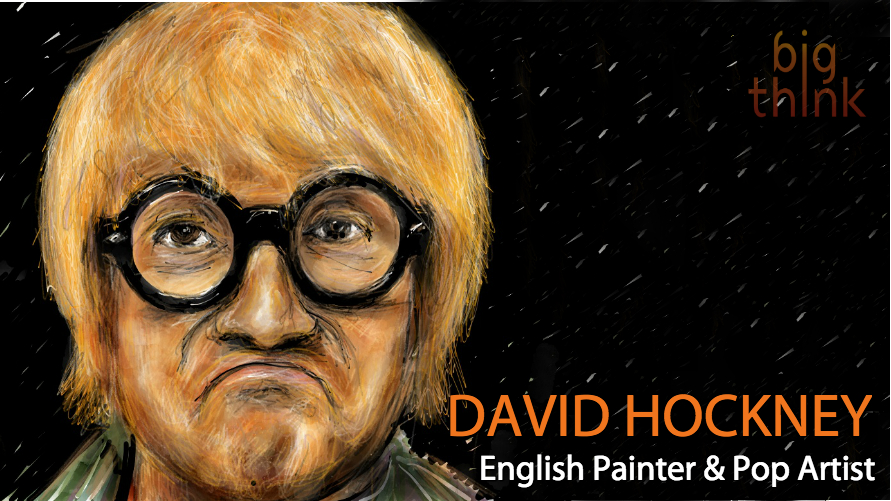Words of Wisdom
All Stories
Earth Day words of wisdom from the great Scottish-American environmentalist John Muir, excerpted from his 1901 book Our Natural Parks.
“You get more joy out of the giving to others, and should put a good deal of thought into the happiness you are able to give.”
“All I insist on, and nothing else, is that you should show the whole world that you are not afraid. Be silent, if you choose; but when it is necessary, speak — and speak in such a way that people will remember it.”
Erica Jong, author of the landmark 1973 novel Fear of Flying, describes advice as “what we ask for when we already know the answer, but wish we didn’t.”
“Advertising may be described as the science of arresting human intelligence long enough to get money from it.”
Words of wisdom from Vin Scully, who has been announcing baseball games for 66 years: “Good is not good when better is expected.”
Words of wisdom from one of the 20th century’s most fascinating polymaths: “The world can only be grasped by action, not by contemplation. The hand is more important than the eye … The hand is the cutting edge of the mind.”
Words of wisdom from Thomas Hardy, English novelist and poet, author of Tess of the d’Urbervilles.
Words of wisdom from Luc de Clapiers, marquis de Vauvenargues: “In order to achieve great things, we must live as though we were never going to die.”
“We judge ourselves by what we feel capable of doing, while others judge us by what we have already done.”
Words of wisdom from Marie Curie: “One never notices what has been done; one can only see what remains to be done.”
“It’s always better to leave the party early,” said Bill Watterson, author of the beloved comic strip “Calvin and Hobbes.” Watterson famously chose to end “Calvin and Hobbes” in 1995 after only 10 years of syndication.
“There’s a hell of a distance between wisecracking and wit. Wit has truth in it; wisecracking is simply calisthenics with words.”
“We live in a society absolutely dependent on science and technology and yet have cleverly arranged things so that almost no one understands science and technology. That’s a clear prescription for disaster.”
The Roman philosopher had the following to say about ability and education: “Natural ability without education has more often attained to glory and virtue than education without natural ability.”
“The mathematician’s best work is art, a high perfect art, as daring as the most secret dreams of imagination, clear and limpid. Mathematical genius and artistic genius touch one another.”
Sir Richard Francis Burton, famed 19th century explorer, on world religions: “The more I study religions the more I am convinced that man never worshipped anything but himself.”
“Keep love in your heart. A life without it is like a sunless garden when the flowers are dead. The consciousness of loving and being loved brings warmth and richness to life that nothing else can bring.”
“We live in a world which respects power above all things. Power, intelligently directed, can lead to more freedom. Unwisely directed, it can be a dreadful, destructive force.”
“No society has been able to abolish human sadness; no political system can deliver us from the pain of living, from our fear of death, our thirst for the absolute. It is the human condition that directs the social condition, not vice versa.”
“Let the punishments of criminals be useful. A hanged man is good for nothing; a man condemned to public works still serves the country, and is a living lesson.”
“Scientific knowledge is an enabling power to do either good or bad — but it does not carry instructions on how to use it. Such power has evident value — even though the power may be negated by what one does with it.”
“The defect of equality,” wrote the bombastic French dramatist, “is that we only desire it with our superiors.”
“The great artists of the world are never Puritans, and seldom even ordinarily respectable. No virtuous man — that is, virtuous in the Y.M.C.A. sense — has ever painted a picture worth looking at, or written a symphony worth hearing, or a book worth reading.”
“If you want to be respected by others the great thing is to respect yourself. Only by that, only by self-respect will you compel others to respect you.”
“To deny political equality is to rob the ostracised of all self-respect; of credit in the market place; of recompense in the world of work; of a voice among those who make and administer the law; a choice in the jury before whom they are tried, and in the judge who decides their punishment.”
“I hope it is true that a man can die and yet not only live in others, but give them life, and not only life, but that great consciousness of life.”
“Life is like riding a bicycle,” wrote the renowned theoretical physicist to his son Eduard. “To keep your balance you must keep moving.”
“Science is a quest for understanding. A search for truth seems to me to be full of pitfalls. We all have different understandings of what truth is, and we’ll each believe, or we are in danger of each believing, that our truth is the one and only absolute truth…”
“If we are to change our world view, images have to change. The artist now has a very important job to do. He’s not a little peripheral figure entertaining rich people; he’s really needed.”








